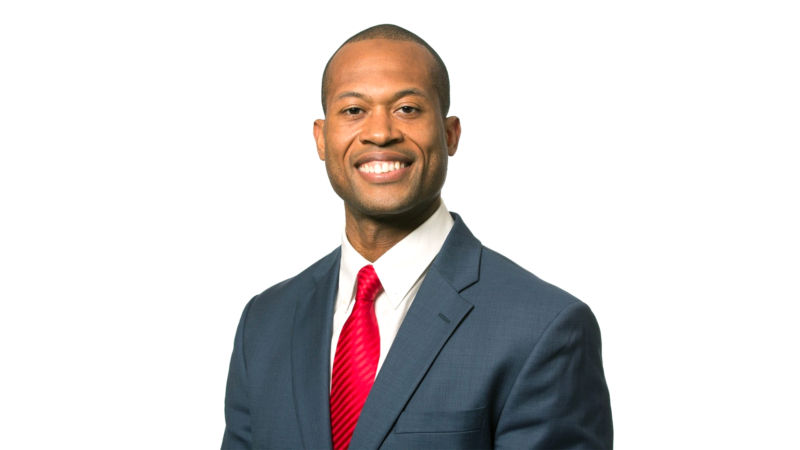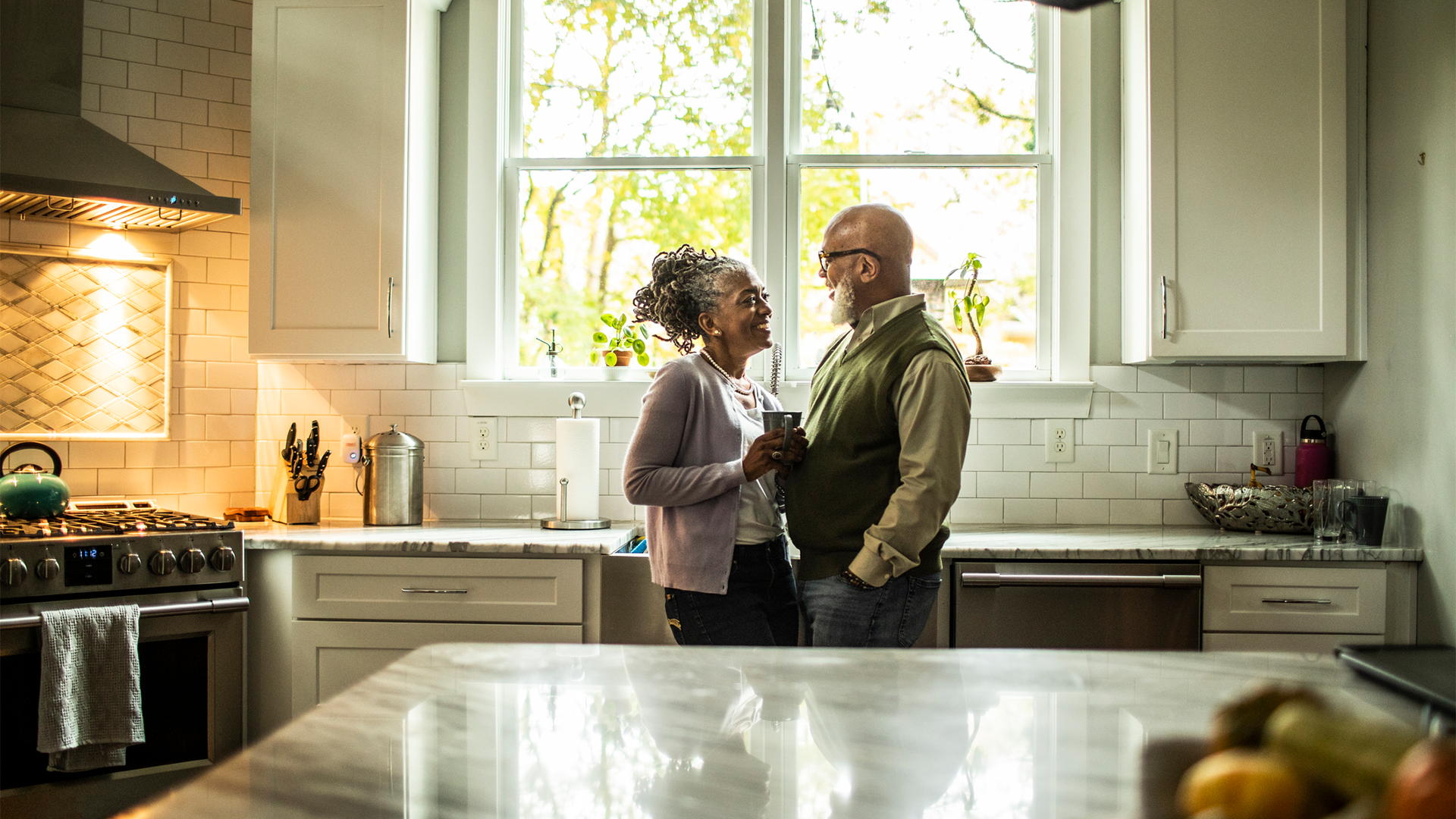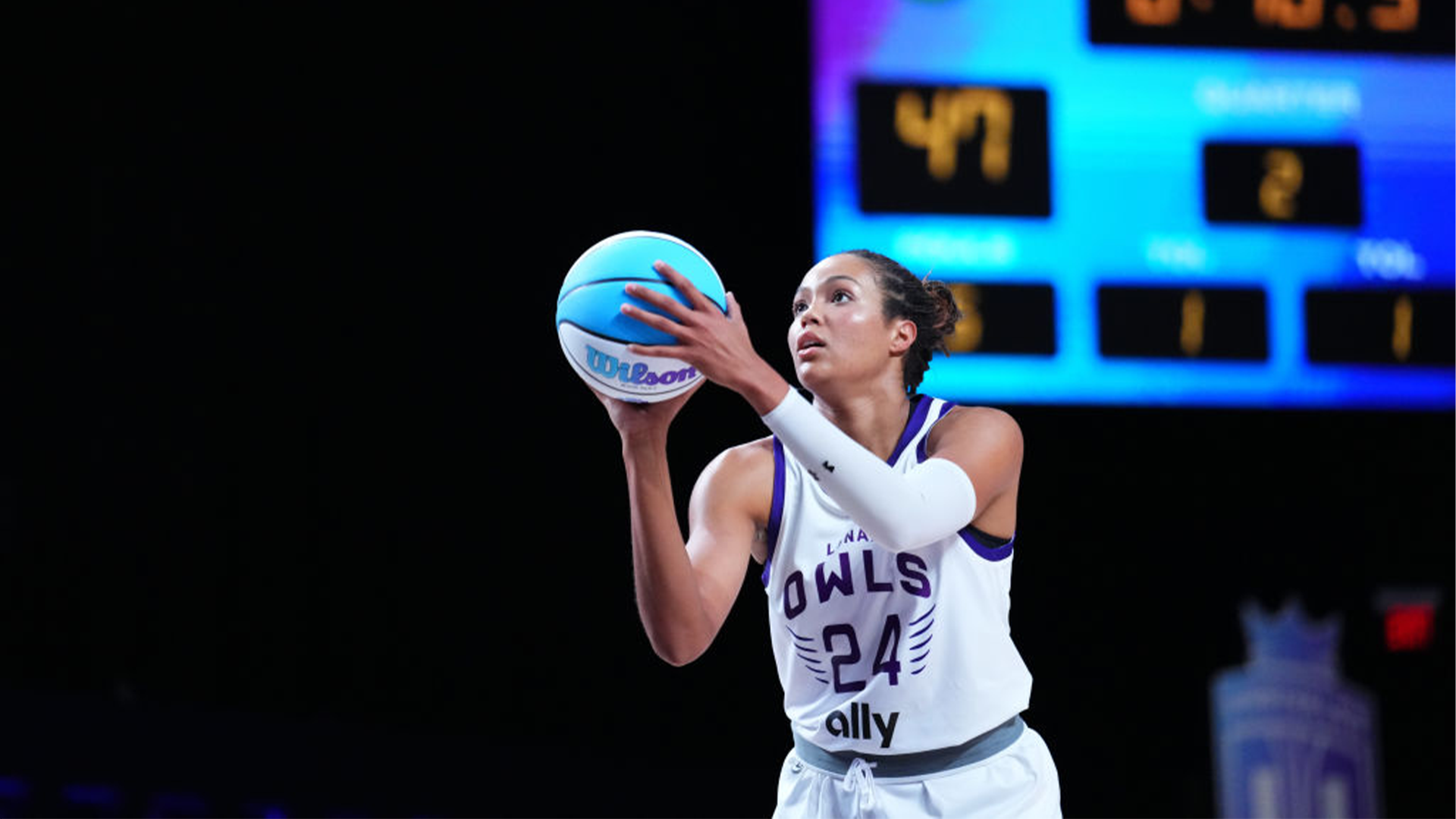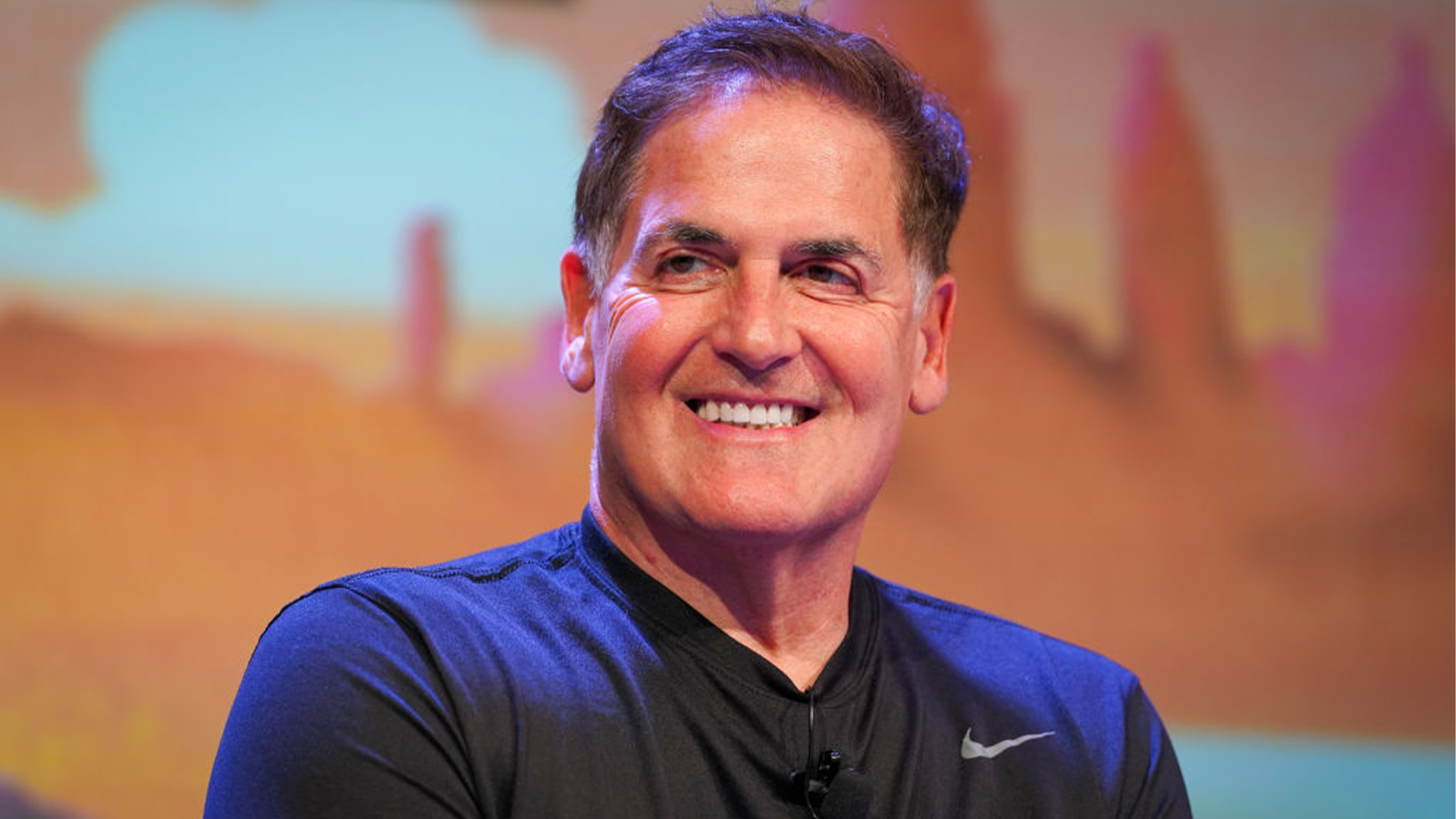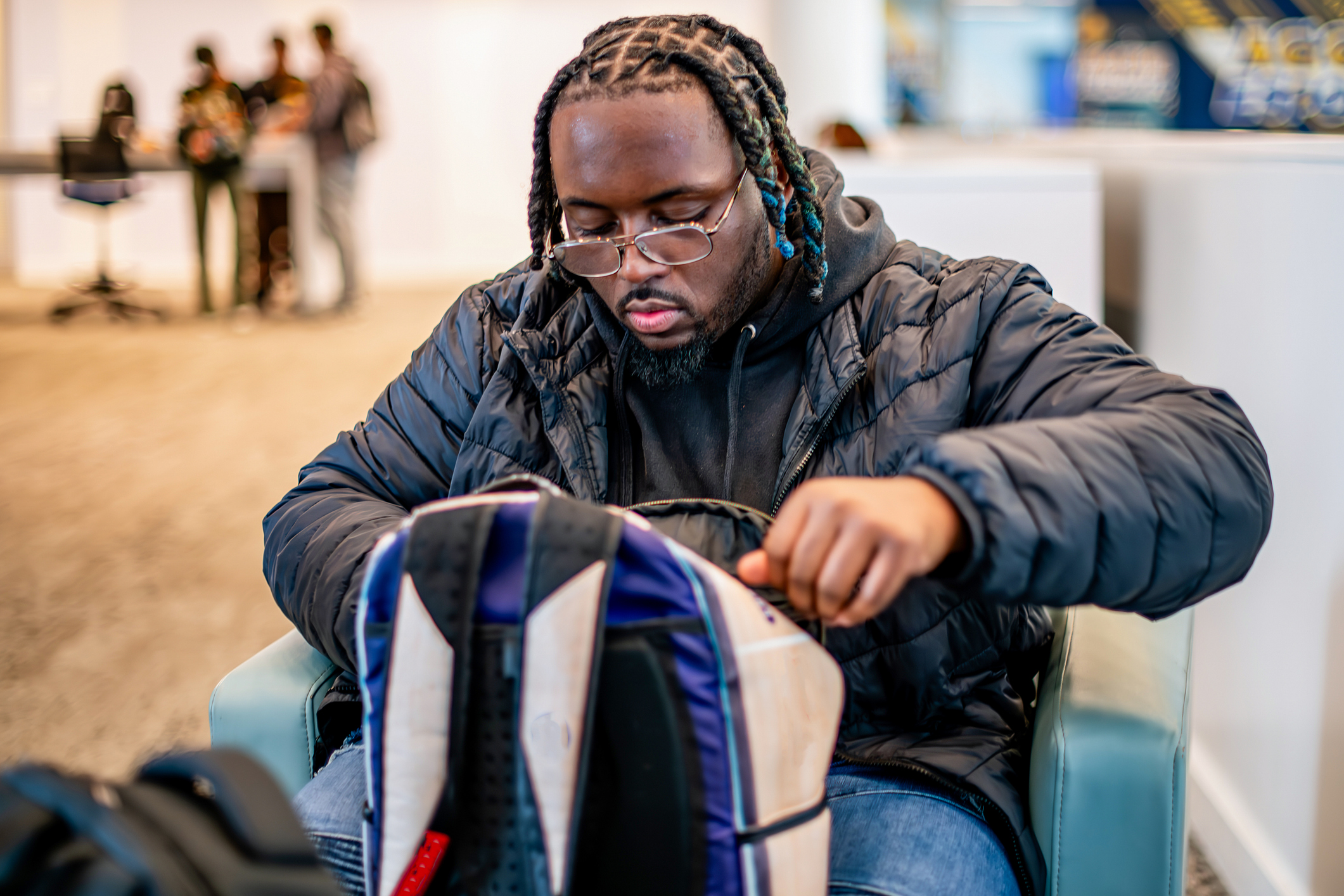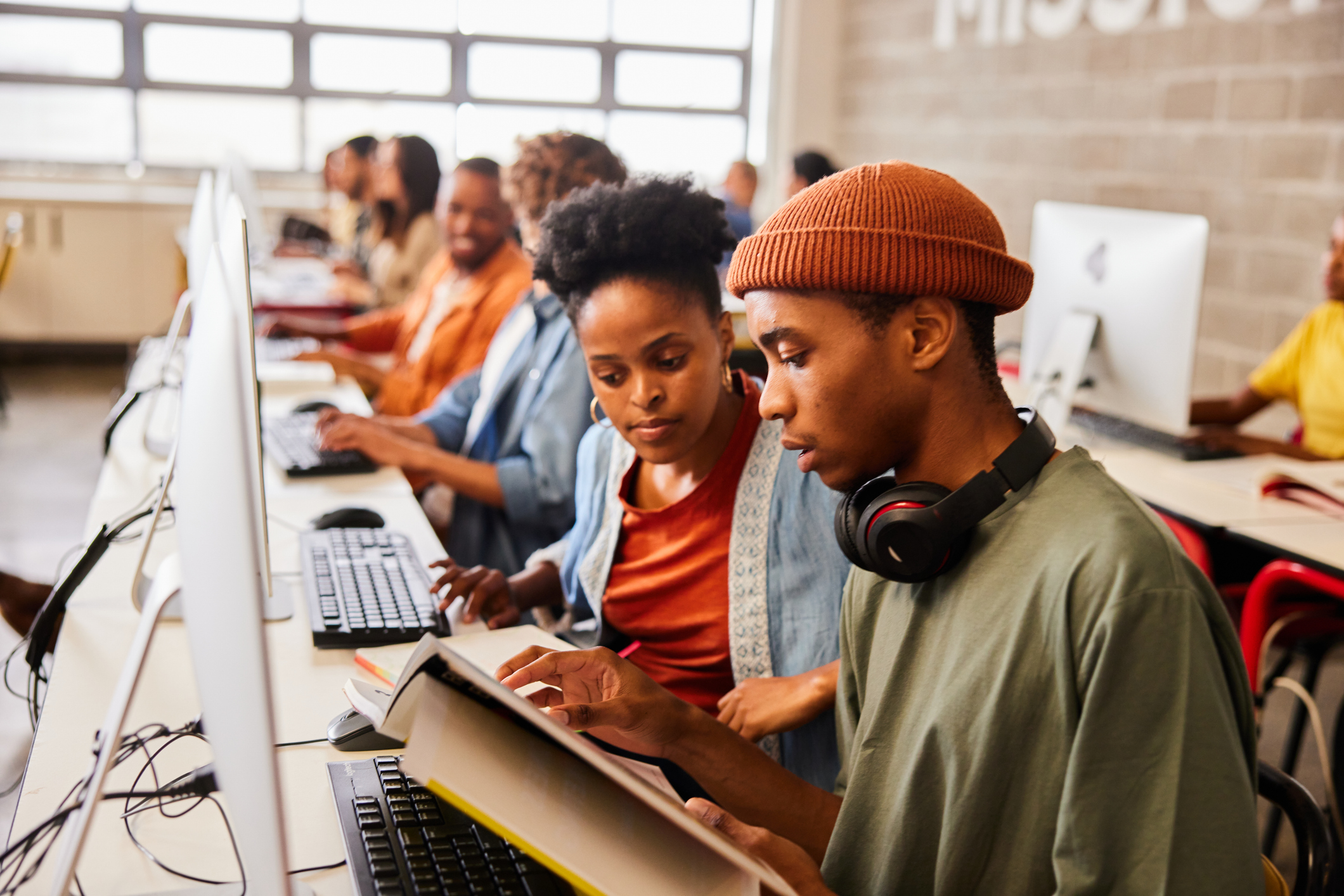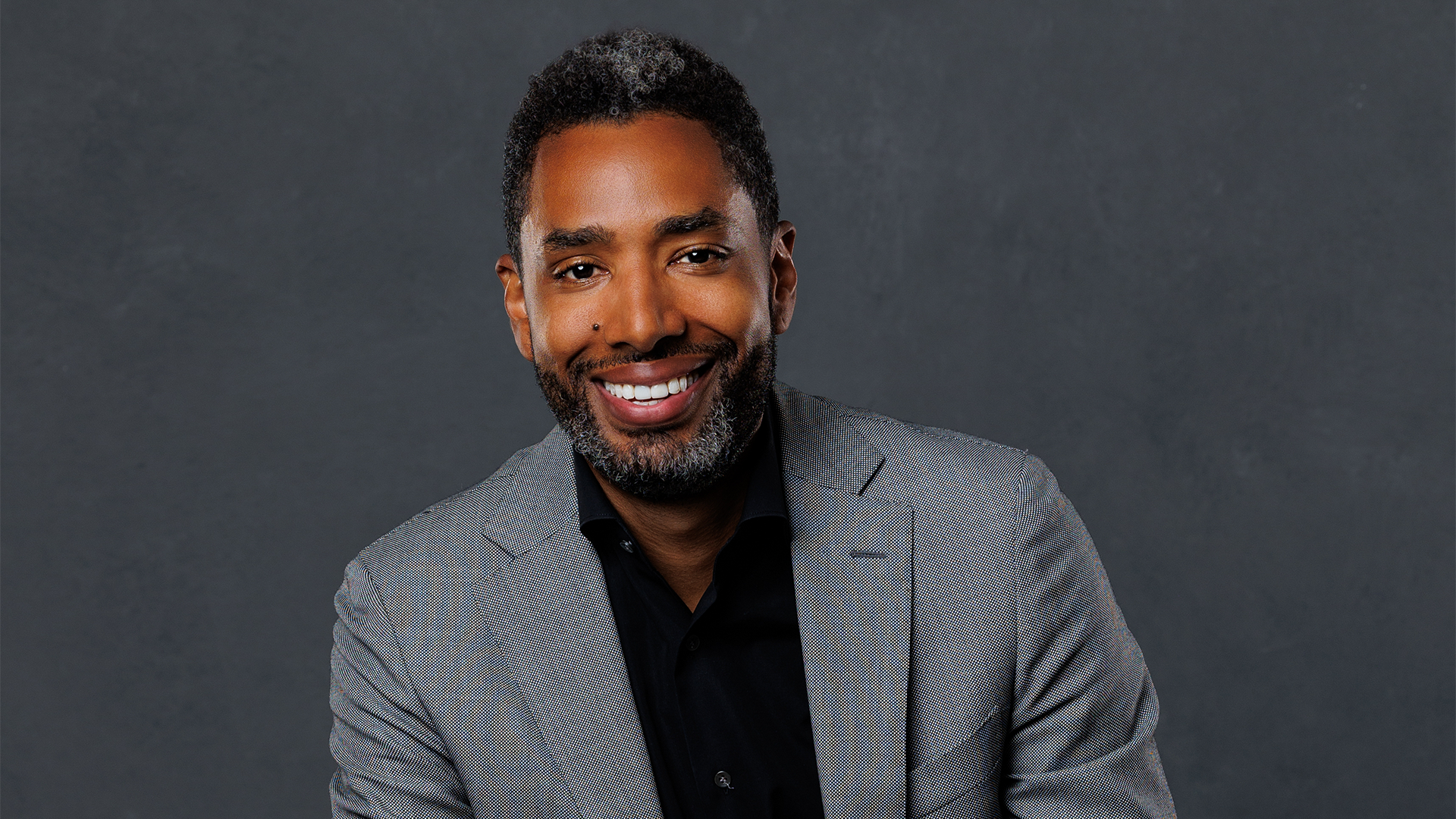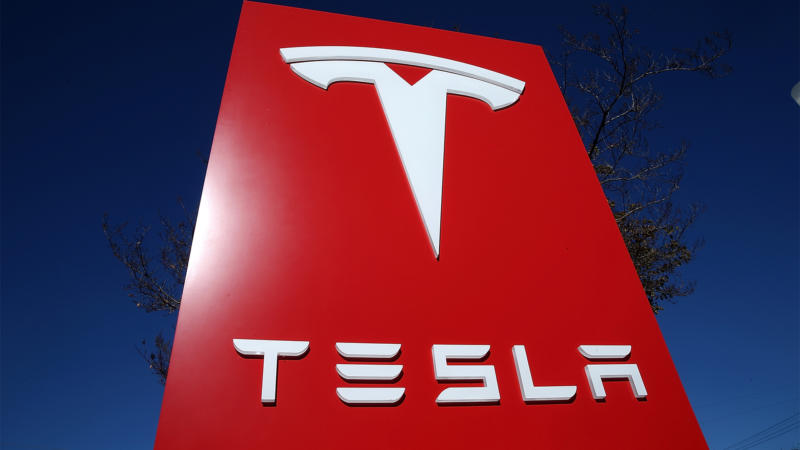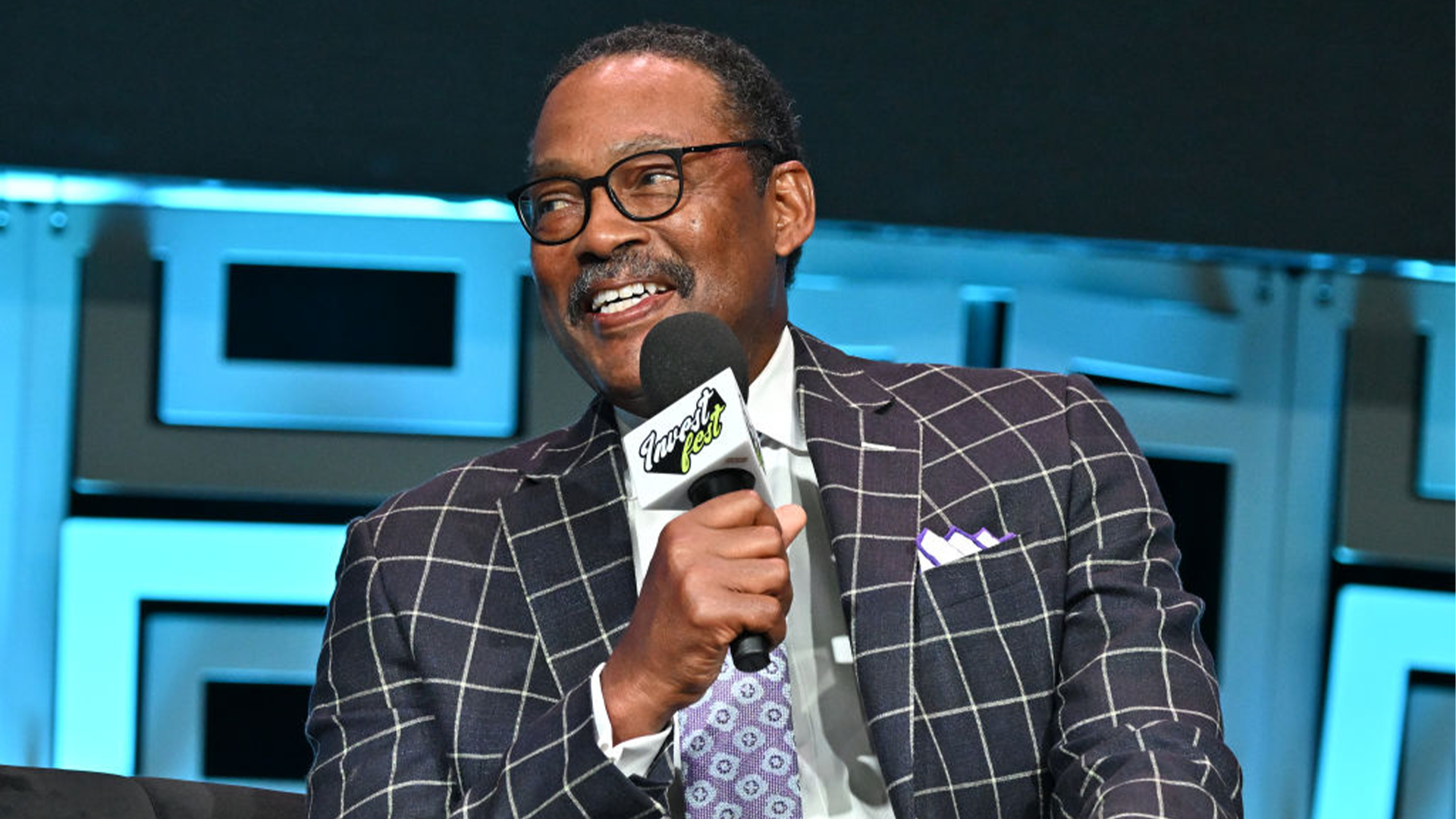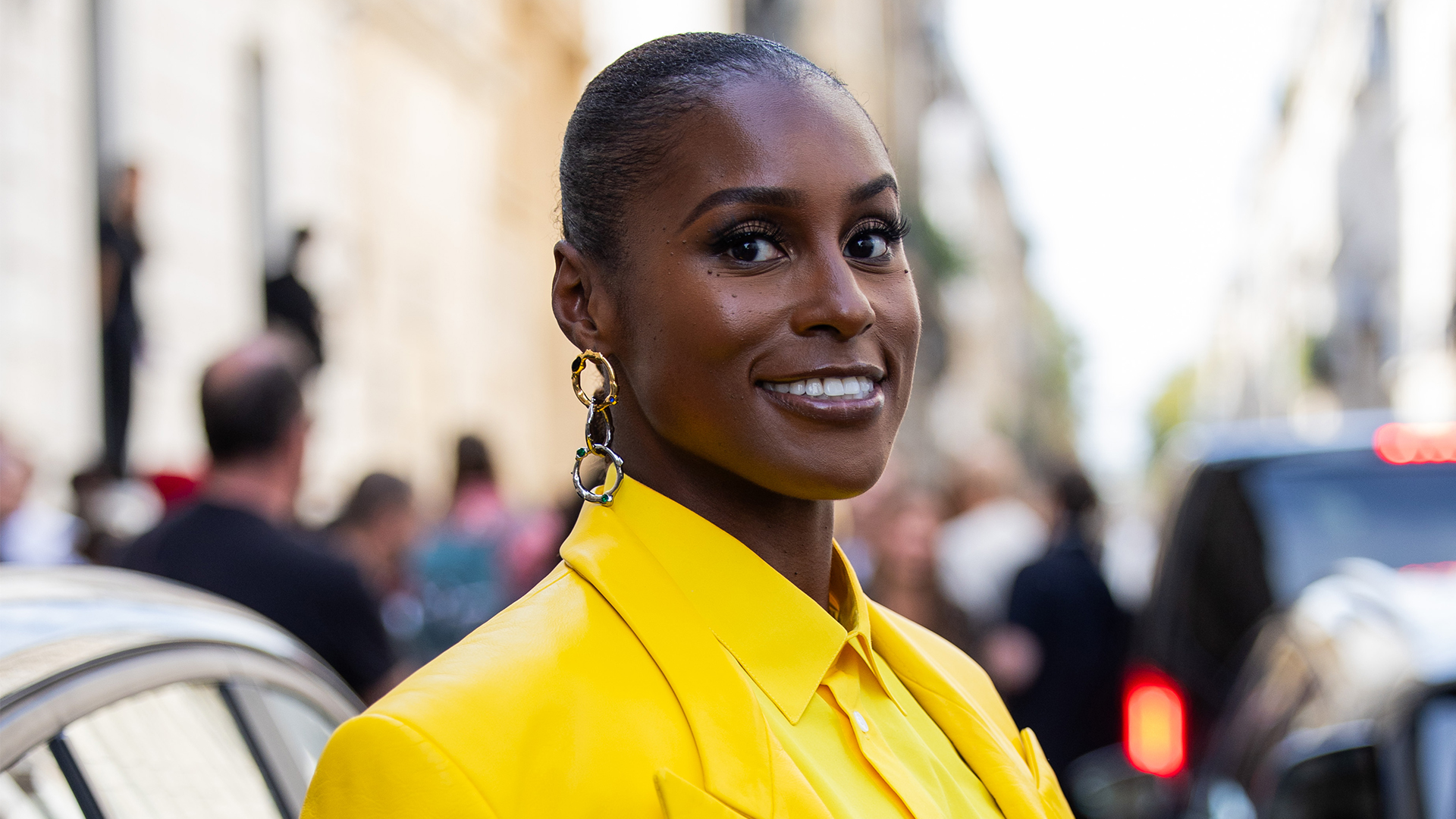With April being National Minority Health Month, it is time to highlight the advancement and need for continued resources that support the health of historically underrepresented communities.
The onset of COVID-19 highlighted some of the resounding disparities in the availability of healthcare for Black, Indigenous, and people of color (BIPOC) communities. Additionally, there is a historic rationale to justify the distrust of the health community and its ability to serve BIPOC individuals properly. In light of this, people have not been as open to treatment and suggested solutions related to the recent pandemic.
The Center for Disease Control (CDC) uses National Minority Health Month to help re-establish trust in BIPOC communities. A part of reestablishing this trust is ensuring equitable access to resources.
To speak on this topic, AfroTech had the opportunity to sit and talk with Dr. Desmond Banks, Senior Policy Advisor, Centers for Disease Control and Prevention, to discuss COVID-19 and what the CDC is doing to support the health and wellbeing of the BIPOC community.
AfroTech: What does the CDC have in place to combat the spread of COVID-19 In BIPOC communities?
Dr. Banks: I’m housed within our Chief Health Equity Office. We have a specific emergency response system dedicated to addressing the impact on racial and ethnic minorities. We are taking this seriously. We see the health disparities among Black and brown people, and we want to recruit [other] individuals to help solve this.
AfroTech: What is the CDC doing to highlight and acknowledge National Minority Health Month?
Dr. Banks: Letting the world know we are not over the hump. You need to get vaccinated. You need to get boosted.
AfroTech: What is the data around COVID-19 today?
Dr. Banks: We have made progress, but we aren’t where we need to be. I don’t want to put a false message out there. We have about 80 percent of vaccinated individuals (18+) and 44.5 percent (12+) that are boosted according to self-reported and administered data, respectively. The COVID-19 Data Tracker has the most updated numbers on vaccinations.
There are two numbers, however, that stick out. That is that over 5.7 million Black people acquired COVID. Also, we are over twice as likely to be hospitalized compared to white people. This is why the vaccine and boost are so important. It will help mitigate some of those more severe consequences.
CDC is updating #COVID19 community recommendations.
CDC’s new COVID-19 Community Level tool classifies every county in the US into low, medium, or high, with recommended prevention measures for each level.
Check your area’s level and learn more here: https://t.co/UZxX67a6M3.
— CDC (@CDCgov) February 25, 2022
AfroTech: Black people have a history of mistrust in medicine and medical professionals. What is the CDC doing to mitigate that?
Dr. Banks: Recruiting people with that lived experience. The history of this country is ugly. The history of where I received my doctorate (Johns Hopkins University) is ugly. I can’t gloss over that, but we need to have trust. That’s why we need authentic genuine people here who have the lived experience of speaking to our people.
AfroTech: Has there been any advancement with the vaccine for small children?
Dr. Banks: We are exploring all avenues to make sure as many people (small children included) are vaccinated while respecting the freedom and autonomy of the population. The constant tussle is balancing freedom with public health. We see some early effectiveness in the vaccine in children.
AfroTech: Is the current model for vaccines and boosting the best method to combat COVID-19?
Dr. Banks: We are living history. We want to follow the science and make sure to protect public health. We want the best tools in as many hands as possible, and right now, the vaccine and boosters are the best tools available.
